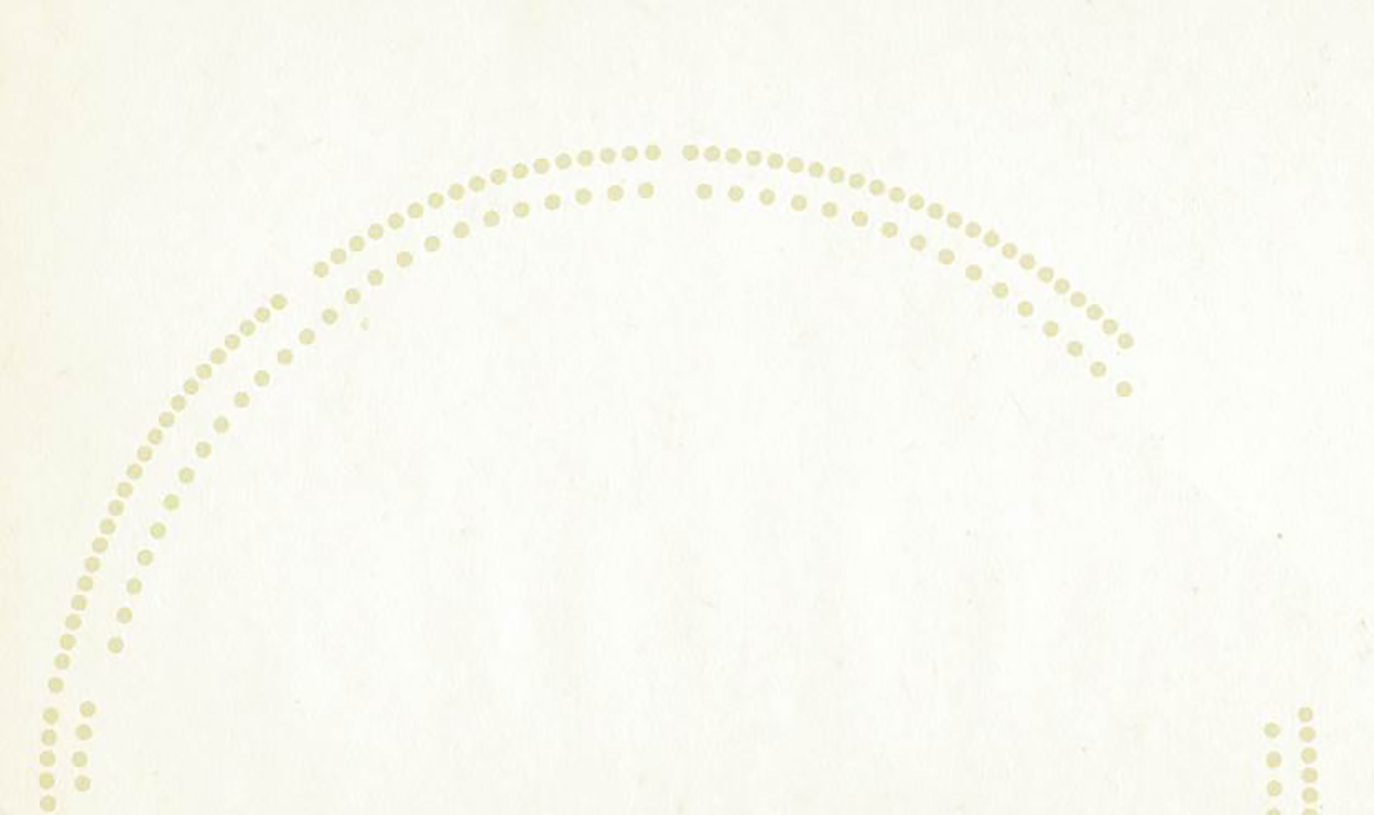Ottawa, Canada /Kigali, DRC -November 15, 2013
A leading international organization working in the conflict free mineral sector today welcomes news that Rwanda has become the first country in Africa’s Great Lakes region to issue a certificate verifying that their minerals are not contributing to fuelling war and contributing to human rights violations.
“We congratulate Rwanda on taking this important first step toward strengthening the legal trade of valuable African minerals,” said Joanne Lebert, Program Director for the Great Lakes Programme at Partnership Africa Canada (PAC), an Ottawa based organization. “It’s also a crucial step towards giving international consumers added confidence that their purchase of everyday technology products that contain these minerals are not contributing to armed conflict.”
Rwanda issued the certificate on November 5 as part of its implementation of the regional certification mechanism of the International Conference on the Great Lakes Region (ICGLR)-a political body comprised of 12 countries in Eastern and Central Africa.
Lebert made the comments at the close of the 6th joint meeting of the ICGLR, the Organization of Economic Cooperation and Development and the United Nations Group of Experts on the Democratic Republic of Congo, held in Kigali from November 13-15. In 2010 PAC helped to design and implement the ICGLR’s Regional Certification Mechanism for four high value and conflict prone minerals-tin, tungsten and tantalum, and gold-in an effort to improve the legal traceability of minerals that have partly financed Africa’s longest running and most costly civil war. For the past three years, PAC has provided technical assistance to the ICGLR Secretariat and its Member States to implement the Region Certification Mechanism.
Lebert noted that while Rwanda has made the first step to issue certificates for its minerals, more needs to be done-by Kigali as well as other ICGLR member states. Lebert underscored the urgency of establishing the Independent Mineral Chain Auditor (IMCA) as soon as possible. The IMCA, which is the equivalent of a Regional Ombudsman for mineral resource governance, has been politically endorsed by all ICGLR Member States. It is tasked with evaluating and reporting on certification compliance, and carrying-out ongoing monitoring and independent investigations. Lebert also encouraged all ICGLR Member States to move toward full compliance with all elements of the certification process, including publicly sharing production and export figures.
“Rwanda needs to work with their partners to get continued technical assistance, specifically to capture chain of custody data, to reconcile this information prior to export and to regular transmit this data to the ICGLR for analysis,” added Ajay Garg, a Certification Expert with PAC.
Lebert also noted that full implementation of the regional certification mechanism is key for these countries to attract critical international investment and successfully align their efforts with other supply chain management schemes, particularly due diligence processes of the Organization for Economic Co-operation and Development (OECD).
-30-
For more information:
Joanne Lebert, Program Director, Partnership Africa Canada
+1 613 983 3773
jlebert@pacweb.org

